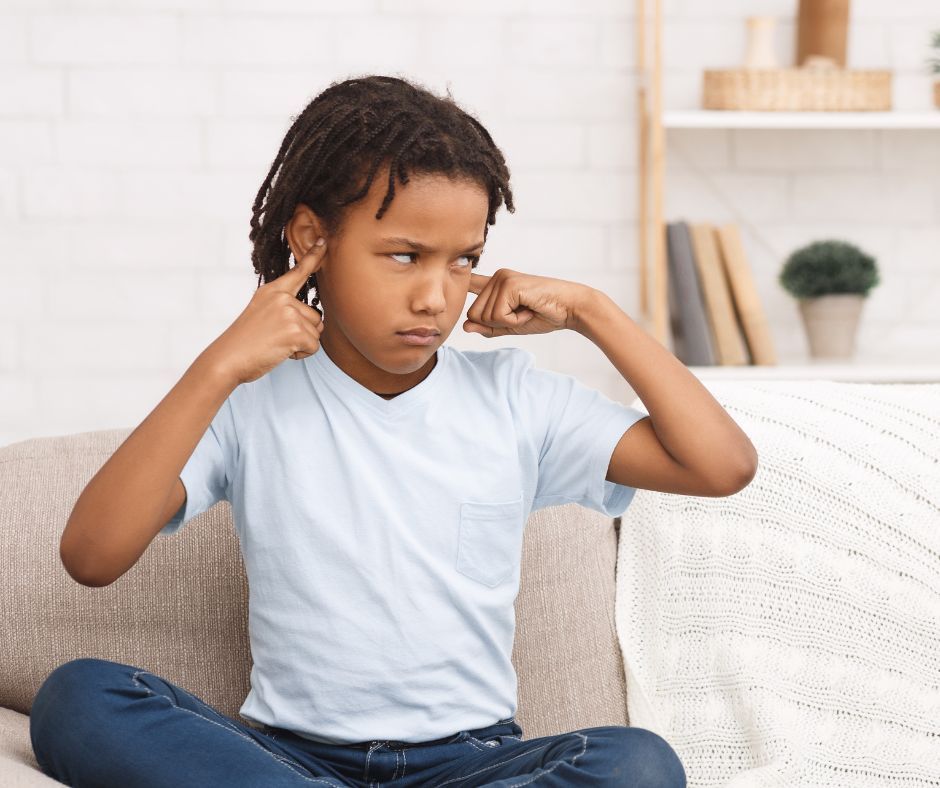Research shows that females, on average, have more acute hearing than males. One key study published in Hearing Research (McFadden, 1998) found that women have a greater number of outer hair cells in the cochlea, which contribute to better auditory sensitivity. Additionally, women are more adept at detecting subtle tonal variations and changes in voice pitch.
Hormones may also play a role. Estrogen has been linked to greater auditory processing ability, while testosterone has been associated with less sensitivity to certain sounds. This could help explain why girls often appear more bothered by environmental noise or why your daughter might recoil at your tone even if you think it’s gentle. This also explains why boys can be so loud, while thinking they are using their inside voices.
The Stress-Hearing Connection
Chronic stress—particularly that caused by early trauma—also impacts hearing. Research has shown that the auditory system is directly connected to the limbic system, which governs emotion and memory. In trauma-exposed kids, the brain's sensitivity to sound can be either heightened (hyperacusis) or dulled, depending on how their nervous system has adapted to perceived threats.
And it’s not just our kids—stress affects adult hearing too. Parents under constant pressure may develop sound sensitivity themselves or become desensitized to their own volume or tone.












